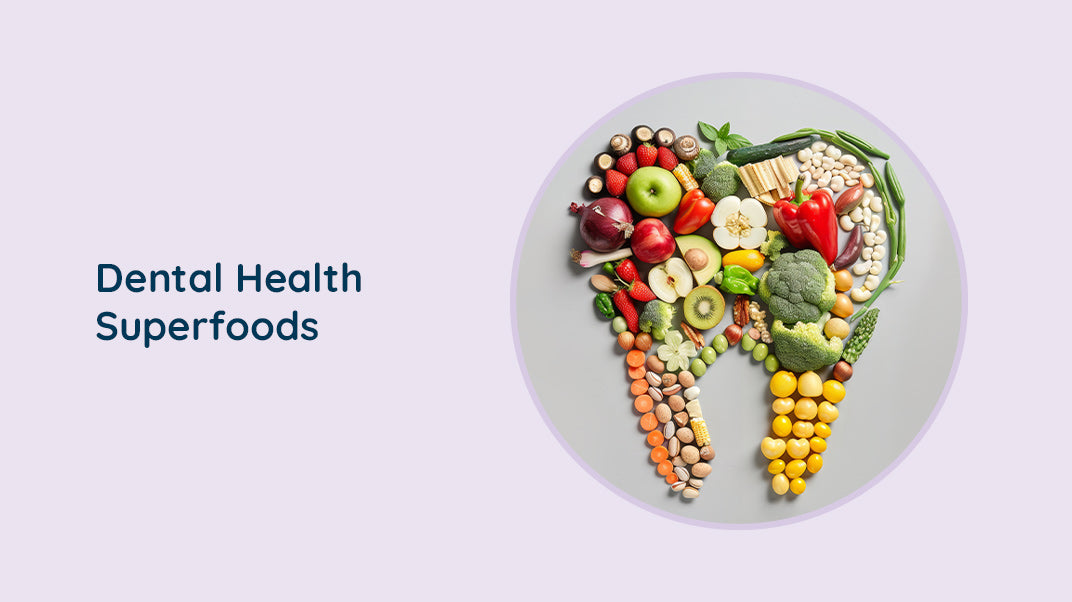Are you looking to know The Impact of Diet on Oral Health then read this article to find out The Impact of Diet on Oral Health

Oral health is not only about having a nice smile; it is also an important part of overall wellness. The food we eat every day can either protect or harm our teeth and gums. While sugary snacks damage our teeth, healthy foods with vitamins and minerals can make them stronger. Let’s look at how diet affects oral health and how you can eat in a way that keeps your mouth healthy.
How Food Affects Teeth and Gums
Everything you eat has an effect on your mouth. Foods high in sugar and starch feed harmful bacteria that live in the mouth. These bacteria produce acids that attack tooth enamel, leading to cavities, gum problems, and even tooth loss. While maintaining a healthy diet is essential, many people also look into treatments like Invisalign Lower Manhattan to improve their oral health and smile. On the other hand, a balanced diet full of fruits, vegetables, dairy, and proteins provides nutrients that protect your teeth and gums.
Sugar, Carbohydrates, and Acidic Foods
Sugar is the biggest enemy of oral health. When sugar is broken down in the mouth, acids are released that slowly wear away tooth enamel. Over time, this causes cavities. The problem is not only with sweets like candies but also with foods like bread, pasta, and soft drinks. Carbohydrates break down into sugars as well, which can negatively affect your teeth.
Acidic foods and drinks are another danger. Citrus fruits, sodas, wine, and vinegar-based foods can erode enamel if consumed too often. Since enamel does not grow back once lost, teeth become weak, sensitive, and more likely to decay. Drinking water after eating acidic foods or pairing them with dairy products like cheese can help protect your teeth.
Importance of Vitamins, Minerals, and Water
Vitamins and minerals are just as important for oral health as they are for the rest of the body. Vitamin C keeps gums strong, while calcium and vitamin D make teeth hard and healthy. You can get these nutrients from dairy products, citrus fruits, fish, and leafy greens.
Water also plays a major role. Drinking enough water helps produce saliva, which washes away food particles, neutralizes acids, and fights bacteria. Drinking fluoridated water helps strengthen enamel and gives extra protection to your teeth. Try to have at least eight glasses of water daily.
Habits That Harm Oral Health
Eating snacks often, especially sugary ones, raises the risk of cavities. Late-night eating without brushing is also harmful, as bacteria attack leftover food in the mouth while you sleep. To avoid this, limit snacks and always brush before bed.
Tips for a Tooth-Friendly Diet
- Eat crunchy vegetables like carrots and celery to naturally clean teeth.
- Add dairy products to your diet for calcium and stronger enamel.
- Cut down on sugary and acidic foods, and rinse your mouth with water after having them.
- Choose healthy snacks like fruits, nuts, and cheese.
Conclusion
What you eat has a direct impact on the health of your teeth and gums. By avoiding too much sugar and acid, eating more vitamins and minerals, and staying hydrated, you can keep your mouth healthy. Remember, a balanced diet benefits not just your body but also your smile.